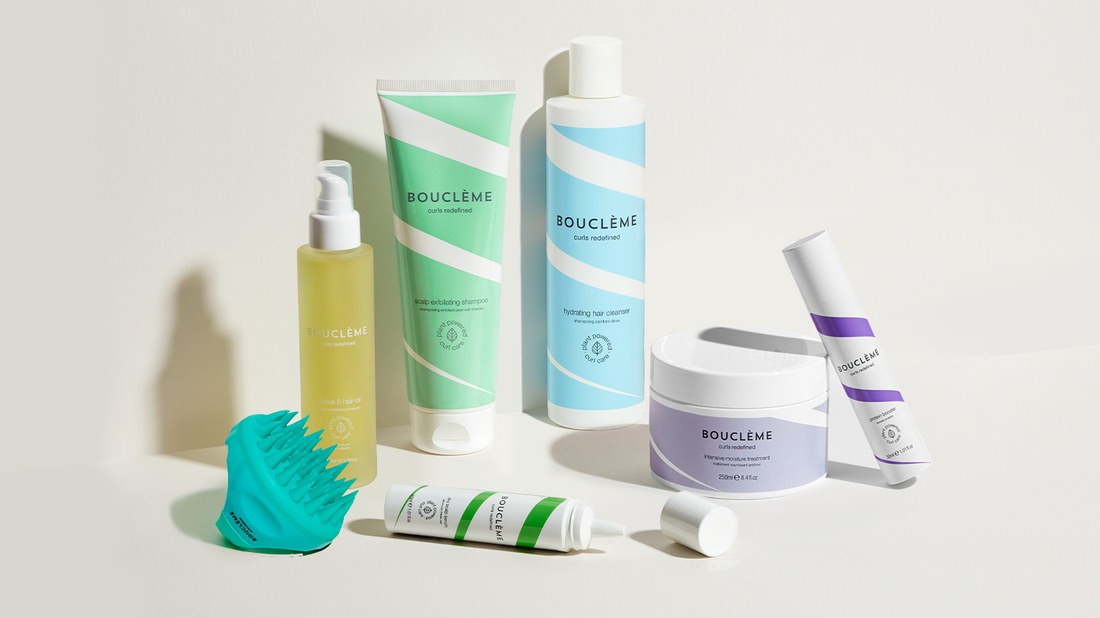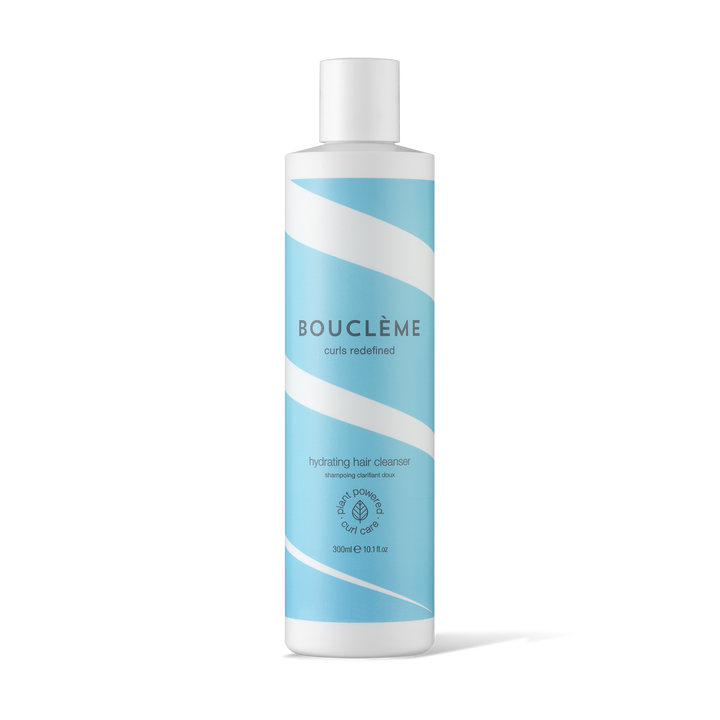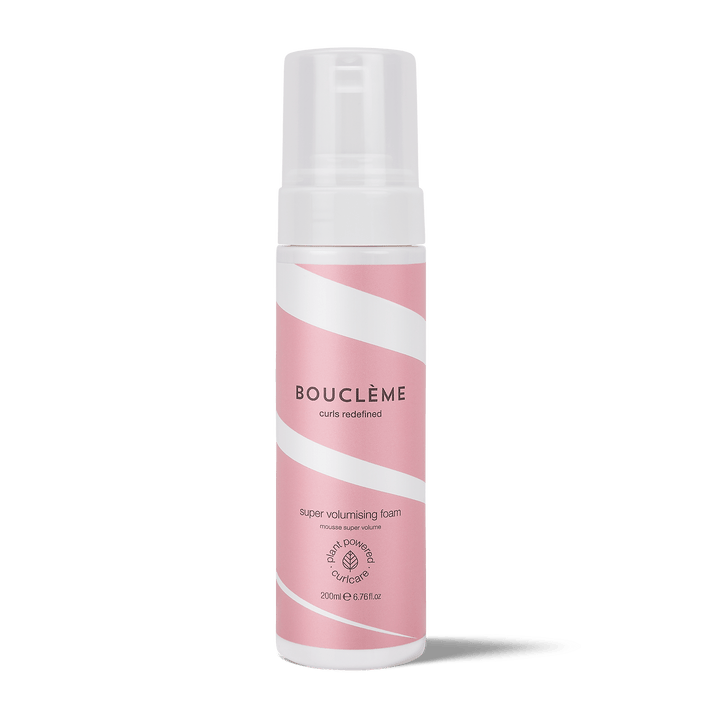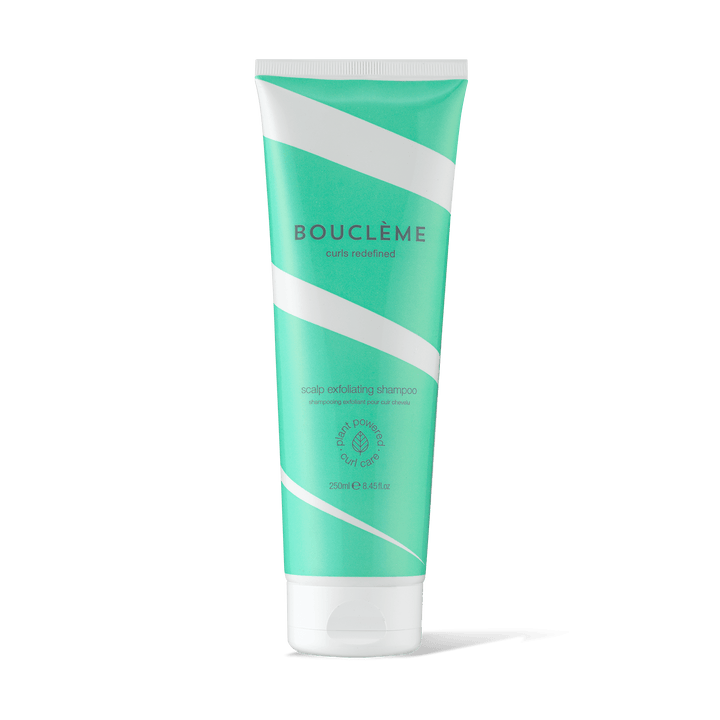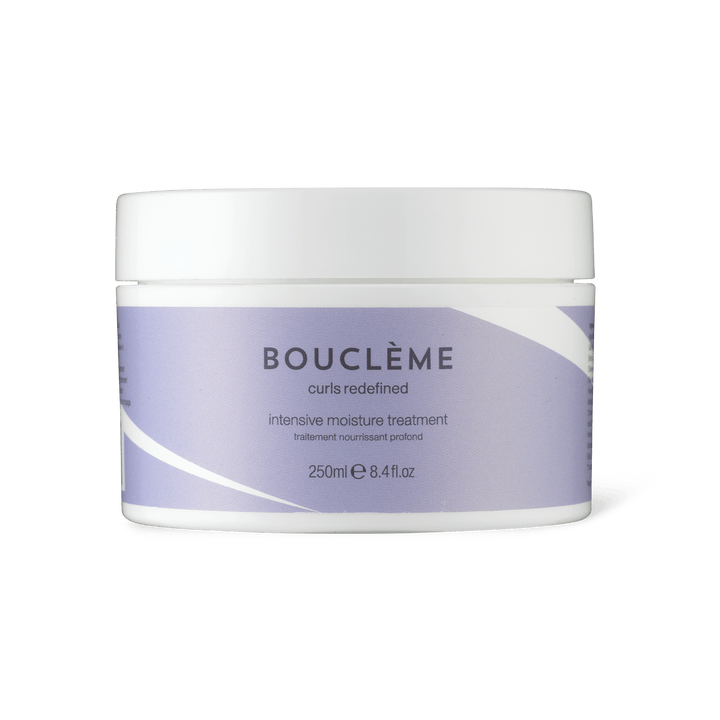Hormonal hair loss: how hormones can redefine your hair
As much as our hair affects our emotions, our hormones and overall health and wellbeing significantly impact our hair. Hair loss, thinning, changes in texture or loss of vibrancy are often linked to factors like stress, aging and hormonal imbalances.
However, when it comes to hair transformation, hormones are the true game-changers. Women’s bodies are profoundly influenced by a variety of hormones, all of which play a crucial role in shaping our hair’s destiny.
Let’s explore how hormones, these powerful messengers within our bodies, can redefine your hair during significant life events. Whether it’s puberty, pregnancy, menopause, or even chemotherapy, your hair can tell a unique story of resilience and adaptability.
What exactly are hormones?
Hormones are chemical messengers that travel through your bloodstream to various tissues and organs, controlling processes like metabolism, reproduction, growth and even mood regulation.
Women have about 50 different types of hormones, but three of them play a prominent role in maintaining normal female bodily functions:
- Oestrogen: essential for fertility, bone health and maintaining the health of the reproductive organs in females.
- Progesterone: vital for maintaining a healthy pregnancy. Imbalances can lead to issues with fertility and menstrual irregularities.
- Testosterone: known as a hair growth hormone, in females, it is present in smaller amounts and contributes to overall health, including bone density and muscle strength.
When your body produces too little or too much of any of these hormones, it can have a profound impact on your overall health and, consequently, your hair. Understanding how your hormones fluctuate at different life stages is essential for better hair care.
Hormonal changes in women and their hair
As women age, they go through various life stages, each marked by unique hormonal fluctuations. These hormonal changes can significantly influence the condition and appearance of their hair. If you’re wondering what caused your straight hair to become curly as a teen, for example, let’s explore some of these transformations.
1. How hormonal changes affect girls during puberty
Puberty is a transformative phase in a person’s life, marked by significant hormonal shifts. One interesting aspect is the effect of changing hormones on hair texture.
During puberty, the surge of oestrogen in pre-teen and teenage girls can physically change the shape of hair follicles. Straight hair can become curly (and curly hair can become straight), seemingly overnight. If this is you, get ready to love your natural curls, waves or coils! Discover the Bouclème range for the first time with a 30-day routine kit.
Hormonal imbalance during this phase can also lead to increased sebum production, making hair appear oilier. To balance this, try our Hydrating Hair Cleanser, which is gentle on fine hair and oily scalps, effectively cleansing away dirt and buildup without stripping natural moisture or weighing hair down.
2. Hair loss in pregnancy
Pregnancy is a magical time that brings with it a host of hormonal changes that can impact your hair.
Some pregnant women notice a shift in texture, with their curl pattern becoming looser and hair having less overall volume. If your curls or waves go flat, our lightweight Super Volumising Foam is for you. Exceptional volume and definition, from wash day to wash day.
The elevated levels of hormones like oestrogen during pregnancy can lead to thicker, more luxurious locks. This change occurs because the number of hairs shed daily decreases significantly during pregnancy.
After giving birth, however, hormone levels drop, and many women experience postpartum hair shedding, which can be distressing. It may take up to two years for curls to fully restore their original pattern and density.
You’ve got this! Here are some of our products that will help boost growth and overall health of your scalp and hair.
How to help your hair re-grow
Stimulate regrowth at the root with an exfoliating shampoo. Our Scalp Exfoliating Shampoo contains hydrogenated castor oil beads that gently exfoliate and stimulate, leaving the scalp soothed and invigorated and strands soft and bouncy. Use in combination with our Scalp Massager to boost circulation and overall scalp health.
Then, add a few powerful drops of Protein Booster to your Curl Cream for improved elasticity and stronger bonds that protect against breakage.
3. Hair loss in menopause
Menopause is another phase in a woman’s life where hormones play a central role. As oestrogen levels decrease, women may notice that their curly hair in menopause can become drier, more prone to frizz and even coarser. Hair thinning and even hair loss in menopause is also common.
Other hormones, particularly testosterone, are responsible for sebum production, which are oils that nourish and moisturise the scalp and hair shaft (the part of the hair that is visible above the skin). During menopause, those hormones can be thrown out of whack, possibly leading to an increasingly dry and flaky scalp and more brittle hair. Greasy hair in menopause can also be an issue.
Enter our soothing Dry Scalp Serum, providing instant relief for red, itchy and irritated scalps. Just add to your cleanser or shampoo on wash days.
Grey hair during menopause
Let’s not forget the onset of grey hair during menopause. Look no further than our Colour Toning Drops for a safe and hair-friendly way to restore colour vibrancy for a more natural, non-brassy look. Enriched with deep indigo hues from blue spirulina, these toning drops can be added to your shampoo and conditioner, stylers or deep conditioning treatments to keep silver, blonde and highlighted hair looking brighter.
4. What about ‘chemo curls’?
Chemotherapy is a challenging journey that can bring an unexpected twist to your hair story.
Many individuals undergoing chemotherapy experience temporary hair loss, followed by the emergence of curly hair when it grows back. This is because chemotherapy affects fast-growing cells, including hair follicles, leading to changes in hair texture and curl. These newfound curls can be a surprising outcome of a difficult time, and they require specialised care.
Chemotherapy can cause your hair to become dry and brittle, so take good care of it. We’ve created a fragrance-free curl care range that’s gentle on sensitive skin. You could also try using a wide tooth comb to avoid pulling at your delicate hair and hair roots.
Are there ways to manage these hair changes?
Hormones play a significant role in defining the texture, volume, and overall health of your hair throughout your life. Understanding these hormonal changes and adopting appropriate hair care practices can help you embrace the transformations and challenges that come with each stage of life. If you’re wondering how to stop hormonal hair loss, a combination of approaches may help:
Seek professional help early
Consult your GP or trichologist for a thorough examination and blood work to determine whether hormonal factors or other issues are causing your hair changes. For some women, hormone therapy may help manage hair changes - see a hormone specialist for a professional consultation.
Vitamin supplements
If you are deficient in certain vitamins, supplements like vitamin B, Biotin and collagen may be beneficial.
Change hair care practices
More brittle hair may require you to minimise the use of heat and chemicals and reduce how often you wash your hair.
While these hormonal hair changes may initially be met with mixed feelings, there is a profound beauty in embracing the natural progression of aging and the unique characteristics it brings to our hair:
Authenticity
Your hair, in its various textures and colours, is a reflection of your life’s journey. Each strand tells a story of experiences, wisdom, and resilience. Embracing these changes allows you to authentically be yourself.
Self-acceptance
Embracing your hair’s natural evolution can foster a sense of self-acceptance and self-love. It’s a reminder that beauty can be found in every stage of life.
Reduced maintenance
Embracing your hair’s natural state often means less time and effort spent on styling and colouring. This can lead to a sense of freedom.
Confidence
Confidence comes from accepting and loving yourself as you are. Embracing your changing hair can boost your confidence and inspire others to do the same.
Hormonal hair changes are a natural part of a woman’s journey through life. Embracing these changes, whether they involve texture, colour or density, can be a celebration of your unique beauty and the wisdom that comes with age.
Bouclème is here to support you to love and embrace who you truly are.
Taking care of your hair allows you to take on life’s natural transformations gracefully while staying true to yourself, proving that true beauty transcends the passage of time.


